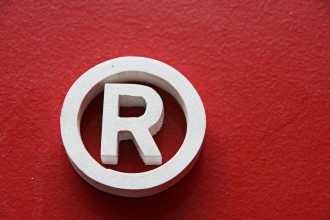
June 24, 2019
One Applicant Gets his Registration, but all Trademark Owners may be F-U-C-T
In Iancu v. Brunetti, the Supreme Court extended our right to register offensive trademarks from the merely disparaging to the outright immoral or scandalous. The Supreme Court reasoned that the “immoral or scandalous” bar discriminates on the basis of viewpoint and thus collides with the Court’s First Amendment doctrine. As a result, Mr. Brunetti is entitled to register F-U-C-T as a trademark.
In the personal opinion of this blogger, the Supreme Court has never really justified how denial of a federal trademark registration is an impingement on speech. The trademark owner is entitled to say whatever it was entitled to say before the refusal. Ironically, the effect of registration is to make it easier for the registrant to voice the same messages, the registration facilitating the enforcement of exclusive rights in the message. Trademarks are source identifiers, though, not messages. By facilitating the protection of messages, what is the Court saying about the right of others to convey the same message?
Trademark owners should be wary. Aside from the continued erosion of propriety, the elevation of trademarks to protected speech may make enforcement more difficult against third parties inclined to voice the same or similar message. Already the line between trademark and message on t-shirts is blurred. With the explicit recognition of trademarks as messages, it seems that infringement may be harder to prove — and dilution almost impossible.
To continue its battle against view point discrimination the Supreme Court sacrificed propriety, and by elevating trademarks to protected speech, may have weakened the trademark rights of everyone.
One applicant will get his registration, but all trademark owners may be F-U-C-T.

































